Think Tank 720 and Sustainable Communities Programme of Initiatives of Change co-hosted an inspiring event on ‘widening women leadership and participation in the BAME (Black, Asian, and minority ethnic) community’. This is a topic that been on the political agenda since the Mayor of London, Sadiq Khan, first launched ‘Our Time’ campaign in 2018 to address the lack of women leaders across all sectors.
The keynote during this event was Islington’s Mayor Rakhia Ismail, UK’s first Somali-born hijabi woman (headscarf) to hold office, who gave a powerful keynote speech to set the tone for the evening. She emphasized the importance of raising issues within communities and putting yourself in a place of representation. She encouraged women to be courageous and become school governors, tenant presidents and other arenas where there is a lack of representation – otherwise nothing will change, she stated. ‘That’s why we need in every aspect of the community, we need to be seen. And we need to be really asking those questions and put ourselves forward in the political arena, that’s the only way we can make a change. I mean, when you think about Nelson Mandela, Gandhi and Martin Luther King, what did they fight? We’re fighting the same fight, except this time it’s slightly different.’
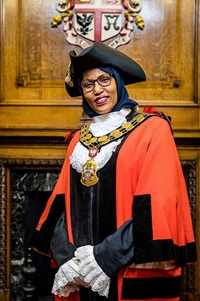
Mayor Rakhia Ismail
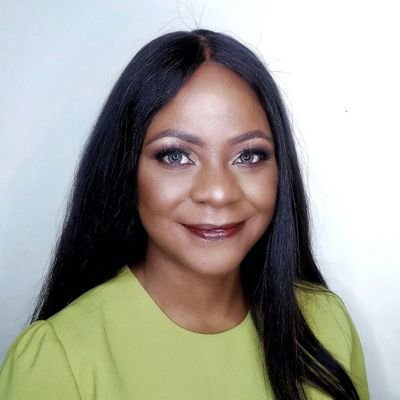
Harriet Khataba
Harriet Khataba, founder of Her Story Matters, was also present to inspire and encourage women to use their voices, be seen and be heard. ‘There’s so many women doing amazing things, but they are not visible. I get to meet them and I’m thinking, “oh, my goodness, you should be giving back. You should be in a position where other people can see you and be really inspired by what you do so that they can know it’s possible!”’
The theme of representation and visibility continued with Lynn Hope Thomas, who spends her time helping others overcome challenges, limitations and fears. Fear and insecurity are barriers to women being more vocal and visible as leaders. Each woman comes from a different culture and/or community which in turn influences the way they communicate – Lynn offered that this is a form of ‘self-limiting’ that prevents confidence in leadership ability. Widening the participation of women across all sectors, and uplifting women who break through their self-limiting, is crucial to helping women feel secure in leadership roles.
This is tied to the pervasive stereotype that women are ‘weak’ and incapable of strategic business leadership. Krishna Pujara was quick to dismiss that idea and provided her perspective as a part of the Women’s Economic Forum. She strongly supports the idea of professional development and business management courses as a way to better equip women with understanding and practical knowledge on how to lead. However, this doesn’t mean all women are meant to follow the same path to being a leader. ‘We all know education is very, very important and you do learn quite a lot. But at the same time, it might be more important to do something where you get to meet different types of people,’ she said, reinforcing the idea that networking is still an element of leadership that women need to nurture.
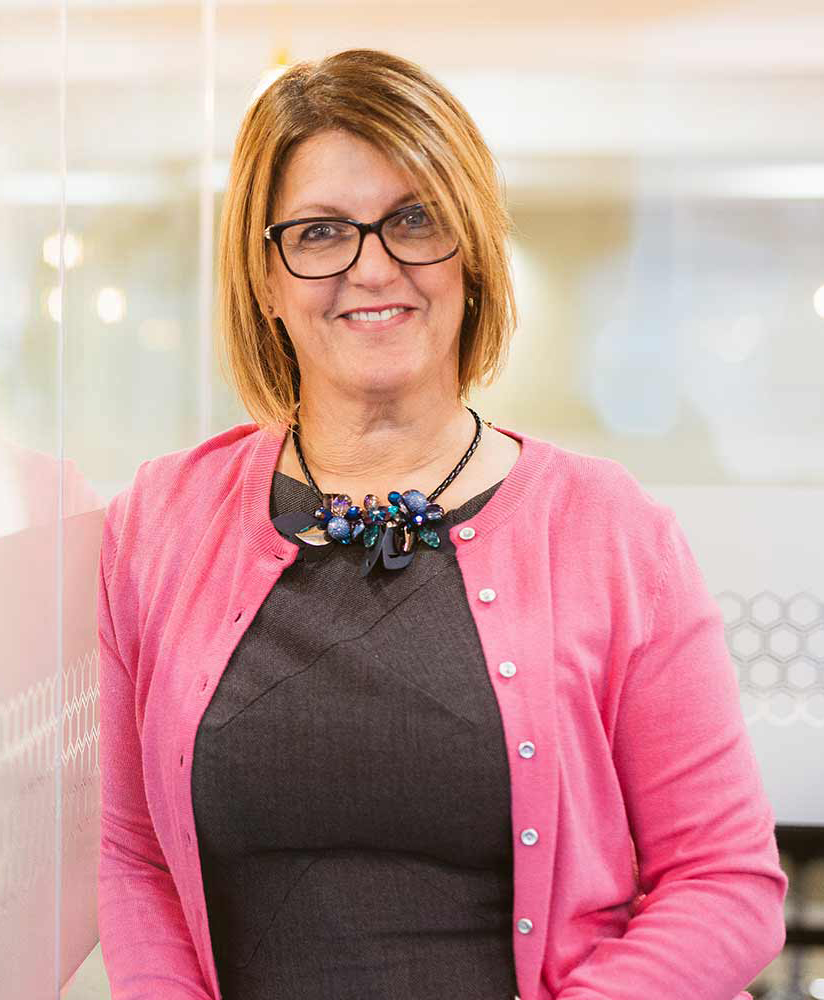
Lynn Hope Thomas
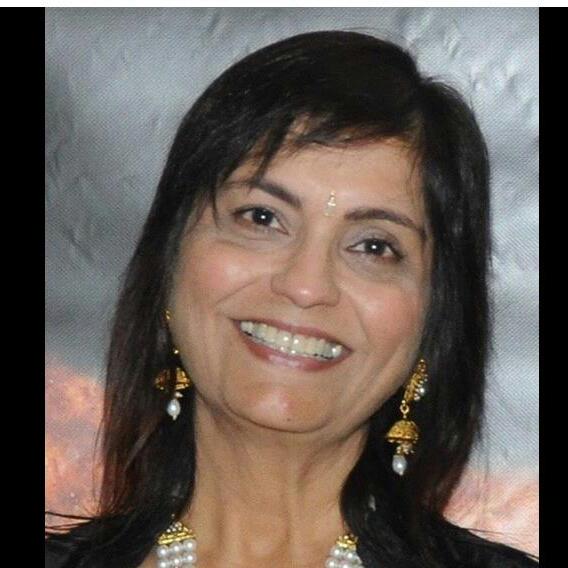
Krishna Pujara
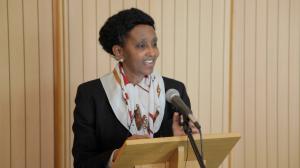
Dr. Lul Seyoum
Dr. Lul Seyoum, founder of International Centre for Eritreans Refugees and Asylum Seekers and a core and committed member of the Sustainable Communities team, guided the event to a very powerful close and a series of questions for everyone to consider and reflect on: Are you sitting at the decision making table? Do you need to bring your chair? How are you amplifying your voice? Are you in continuous learning? Are you calling out inequalities and inequalities?
These are questions that resonated with the hosts, participants and other panelists – to the effect of driving home the point that every woman has the opportunity to be a leader in their own right, but also to support other women in the BAME community as they develop, too. The struggle for recognition and representation can be overcome with great courage and a healthy dose of inspiration from others. We look forward to the next opportunity to continue to support women in the effort to be more visible and impactful in their journey forward.